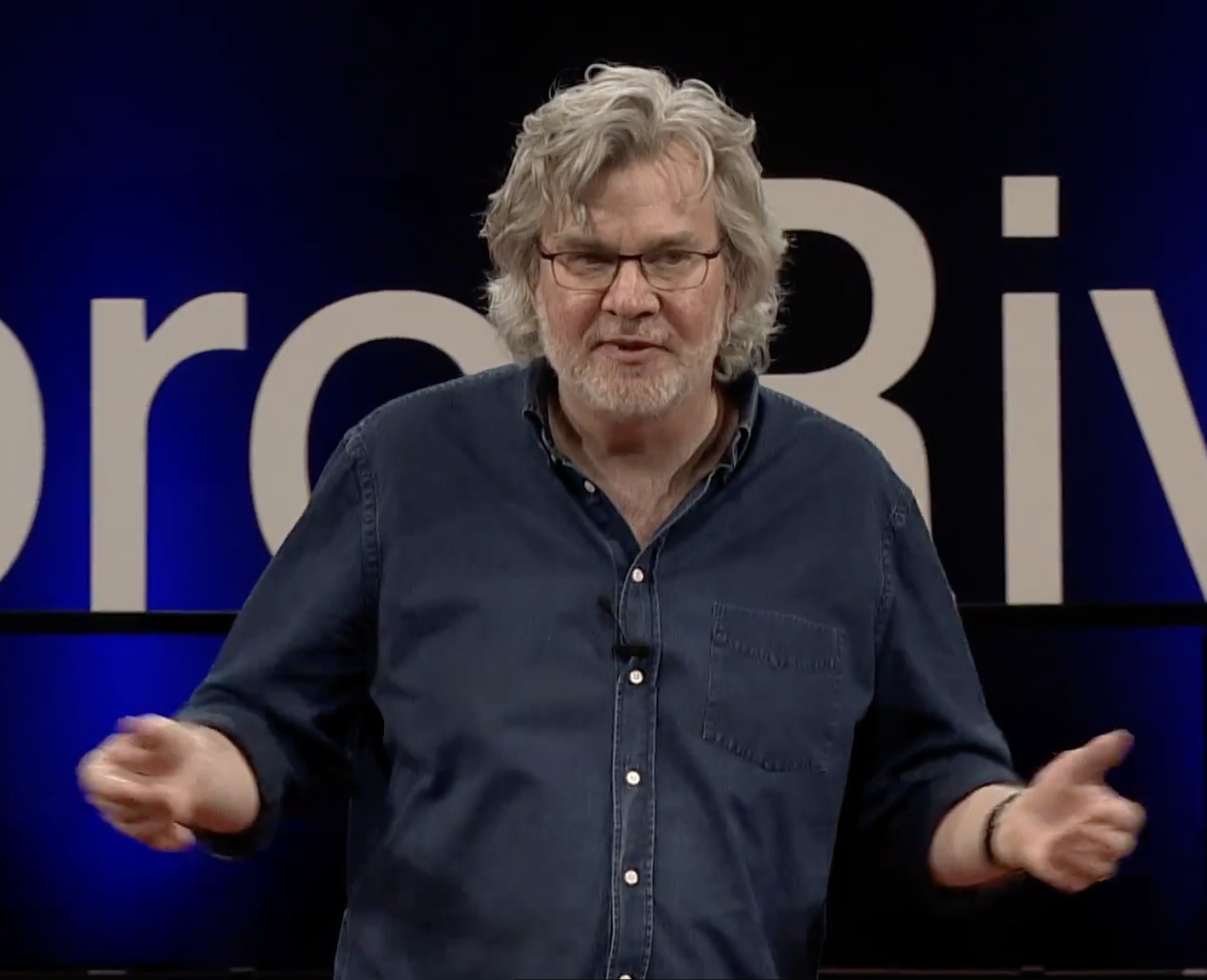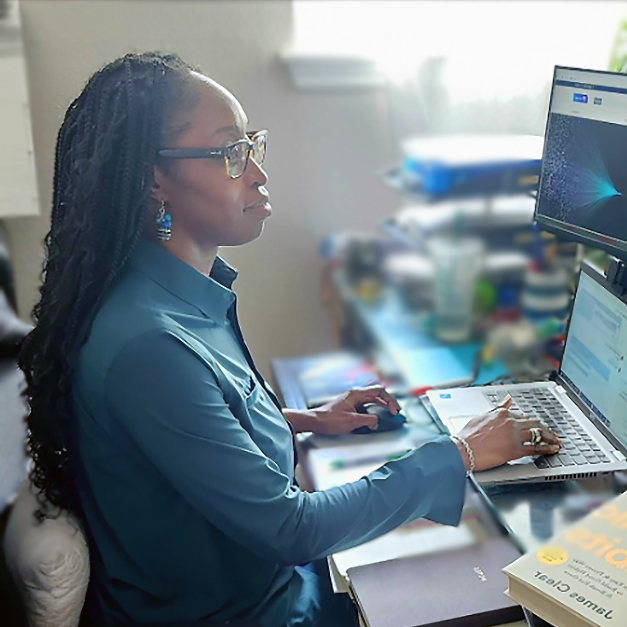The promise that deep expertise can guarantee career satisfaction has gradually eroded in recent years. While specialized knowledge is typically baseline for today’s labor market, it’s no longer sufficient on its own. Scientists feel boxed into benchwork. Clinicians confront burnout. Communicators hope for greater impact. Across fields, professionals are finding a growing divide between what they’re equipped to do and what they hope to achieve. It’s a mismatch that leaves many feeling professionally trapped despite their skills.
More and more, the solution is professional education. Medical communications—often overlooked in its variety—offers a flexible path for professionals looking to repurpose their skills. Certificate programs in medical writing, health communications, and regulatory writing have become powerful tools for making that shift possible. In addition to credentials, these professional development programs provide fluency in the areas that matter most—in style guides and data presentation, as well as regulatory language and patient advocacy. Just as valuable are the professional connections and industry visibility these programs enable, which can be pivotal for opening doors to new opportunities. In the end, along with that fluency and expanded network, something deeper often arrives: permission to imagine a different kind of future.
New chapters for scientific skills
Professionals often carry strengths that only come into focus when they begin to imagine a different kind of career. Kathy Adamson, MDV, a veterinarian who once wrote educational content for clients when she had downtime at the office, found herself searching for flexible ways to stay engaged with science while managing a young family.
“I always had in the back of my mind, ‘What can I do from home that still uses my degree and my knowledge and my love of animals?’ And I just kept hitting on writing,” she says. “I was always the one who would write up a little blurb for the newspaper or for clients.”
That hunch turned into a concrete path once she discovered University of Chicago’s Medical Writing and Editing Training Certificate. Through what she learned in the program she was able to connect the dots between her scientific training and the communication skills she needed. “There’s nothing impractical about what they do,” she says of her coursework. “There’s no busywork—it’s all going to help you as a medical writer.”
Today, working in both veterinary and human medical writing, Adamson combines the intellectual side of her work with a flexibility she once thought her scientific background wouldn’t allow.
For others, the move into medical writing becomes something closer to a reframing of professional identity. DeLene Beeland spent years as a science writer translating academic research into public-facing content. But the work gradually lost its sense of excitement. “I started asking myself, ‘What can I do with my skill set?’” she recalls.
The answer was not a new job, but rather a matter of extending skills she already had. After completing the UChicago certificate, technical areas that had seemed daunting before—like biostatistics and data visualization—became areas of newfound confidence. “Despite years of reading scientific papers, I would always glide over the tables and figures,” she says. “In the course, I learned to pick those apart first to see the real nuggets.”
Perhaps more importantly, Beeland came to appreciate the value of her experience. “Even though [clinicians] had years of education, they didn’t have my depth of experience with communication,” she says. “That gave me a unique advantage.”
Building career agility with stackable skills
An interesting feature of many transitions into medical writing is how modular the process can be. People enter the field from different angles—grant writing, clinical practice, library science—and then strategically stack skills to reach their goals.
Rachel Wedeward is one example of this approach. A medical librarian with deep expertise in database research, she initially taught others how to navigate MEDLINE and other resources as an instructor for the Medical Writing and Editing certificate. But in areas like manuscript development and editing, she knew she had room to grow, so she became a student as well.
“There was a lot I had to learn on the go,” she says. “Now I understand not just how to find the right studies, but how to shape and present the findings effectively.” Her experience shows that combining subject matter expertise with communication skills can open doors across the medical writing landscape.
Nancy Dudek is another example. As a trained biologist working as a lab technician, she spent years helping researchers strengthen grant proposals while leveraging a skill she hadn’t yet identified as a unique talent: making complex science readable and persuasive. “A lot of researchers are great at experiments,” she says, “but writing about them clearly—that’s a rarer skill.” UChicago’s Regulatory Writing microcertificate gave her the formal tools and language to turn her writing ability into a professional path.
Her final project for the program, which focused on the lack of regulatory oversight in cosmetic products, showed how regulatory frameworks apply to real-world concerns. Today, she works as a technical writer in industrial hardware translating her understanding of compliance and oversight into a new context. “The certificate made me think bigger,” she says. “It showed me how transferable these skills really are.”
For some, writing offers not just a new career path, but a way to make an impact on the professional area they’re stepping away from. Physicians, nurses, and other healthcare professionals often discover medical writing after disillusionment with clinical care—but just as important are the positive motivations: the chance to influence healthcare beyond the bedside, pursue career growth in fields like regulatory writing or medical affairs, and gain greater autonomy and creative expression.
“Physicians often face ethical conflicts with the healthcare system, and that’s a significant contributor to burnout,” says Vishwani Sahai, MD, a psychiatrist who transitioned out of clinical practice and completed the Medical Writing and Editing certificate. “Writing offers me a chance to educate, advocate, and remain deeply engaged with medicine—on terms that align with my values.”
Her freelance work now spans outlets like Behavioral Health News and media-focused firms that pitch mental health stories to national publications. One of her current projects is a ten-part series exploring mental illness in South Asian communities, a subject shaped by both professional expertise and personal passion.
Sahai stands out not just for her clinical background, but for how deliberately she’s aligned her work with her values. Training in writing, data, and business strategy helped her turn that alignment into a career.
A template for reinvention
What unites these professionals is the moment they realized their existing expertise could use a new framework. As flexible ways to develop fluency while building credibility and opening new doors, professional certificates provided that framework. For many, these programs unlocked their prior experience to combine it with new capabilities in a rapidly evolving field.
In short, these aren’t stories of people starting over but stories of people reasserting control over their careers by gaining the language and tools to define their next chapter on their own terms.

Unlock New Capabilities.
Define the next chapter of your career on your terms with a certificate in Medical Writing and Editing.
Learn more



